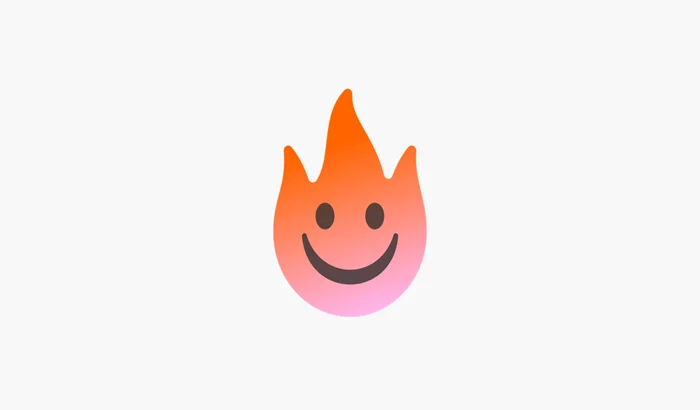Hola VPN is a widely used service that offers users the ability to access restricted content and maintain online privacy. However, understanding its origins, operations, and potential implications for users is crucial.
What is Hola VPN
Hola VPN is a freemium web and mobile application that provides a form of VPN service to its users through a peer-to-peer (P2P) network. Unlike traditional VPNs that route traffic through dedicated servers, Hola utilizes the idle bandwidth of its users to create a distributed network. This approach allows users to access geo-restricted content by appearing as if they are browsing from different locations.
Origins and Founders
Hola Networks Limited was founded in 2007 by Ofer Vilenski and Derry Shribman, both of whom have extensive backgrounds in technology and entrepreneurship. Prior to establishing Hola, they co-founded Jungo, a company that developed an operating system for home gateways. Jungo was acquired by NDS (now part of Cisco) in 2006 for $107 million. Building on their previous ventures, Vilenski and Shribman launched Hola with the vision of creating a faster, more open, and affordable internet experience for users worldwide.
How Hola VPN Works
Hola operates on a P2P network model, where users share their idle bandwidth to route traffic for other users. When you use Hola, your internet traffic may pass through other users’ devices, and in return, your device may handle traffic for others. This system enables users to access content as if they are in different countries, effectively bypassing geo-restrictions. However, this model raises significant privacy and security concerns, as it can expose users to potential misuse of their internet connection.
Privacy and Security Concerns
Hola’s P2P model has been associated with several privacy and security issues:
- Data Logging: Hola collects extensive user data, including IP addresses, browsing history, and personal information. This data collection is more invasive than many other VPN services, which often offer no-logs policies.
- Bandwidth Sharing: In the free version, users’ devices act as exit nodes, meaning other users’ traffic can pass through their internet connection. This practice can lead to your IP address being associated with activities you did not perform, potentially implicating you in malicious actions conducted by others.
- Lack of Encryption: Unlike traditional VPNs that encrypt user data, Hola does not provide encryption for its free users. This absence of encryption means that your internet traffic is not secured, making it vulnerable to interception and monitoring.
Historical Incidents
In 2015, Hola faced criticism when it was revealed that the service was being used to conduct Distributed Denial of Service (DDoS) attacks. The attacks exploited the Hola network, utilizing users’ devices without their consent. This incident highlighted the potential risks associated with Hola’s P2P model, where users’ devices can be hijacked for malicious purposes.
Alternatives to Hola VPN
Given the privacy and security concerns associated with Hola VPN, users seeking reliable and secure VPN services might consider the following alternatives:
ExpressVPN
Known for its strong encryption, no-logs policy, and high-speed servers across numerous countries. ExpressVPN offers a user-friendly interface and is compatible with various devices. It also provides a 30-day money-back guarantee.
NordVPN
Offers robust security features, including double VPN and CyberSec, which blocks malware and ads. NordVPN has a strict no-logs policy and operates a large network of servers worldwide. It also offers a 30-day money-back guarantee.
CyberGhost VPN
Provides strong encryption, a no-logs policy, and specialized servers for streaming and torrenting. CyberGhost has a user-friendly interface and offers a 45-day money-back guarantee.
Private Internet Access (PIA)
Known for its strong security measures, including customizable encryption settings and a strict no-logs policy. PIA offers a large network of servers and supports multiple VPN protocols. It also provides a 30-day money-back guarantee.
Surfshark
Offers strong encryption, a no-logs policy, and unlimited device connections. Surfshark includes features like CleanWeb, which blocks ads and malware, and MultiHop, which routes your connection through multiple countries. It also offers a 30-day money-back guarantee.
Conclusion
While Hola VPN offers a free and accessible service, its P2P model and associated privacy and security concerns make it a less favorable option for users prioritizing online safety and anonymity. Understanding the origins and operations of Hola VPN is essential for making informed decisions about online privacy tools.

